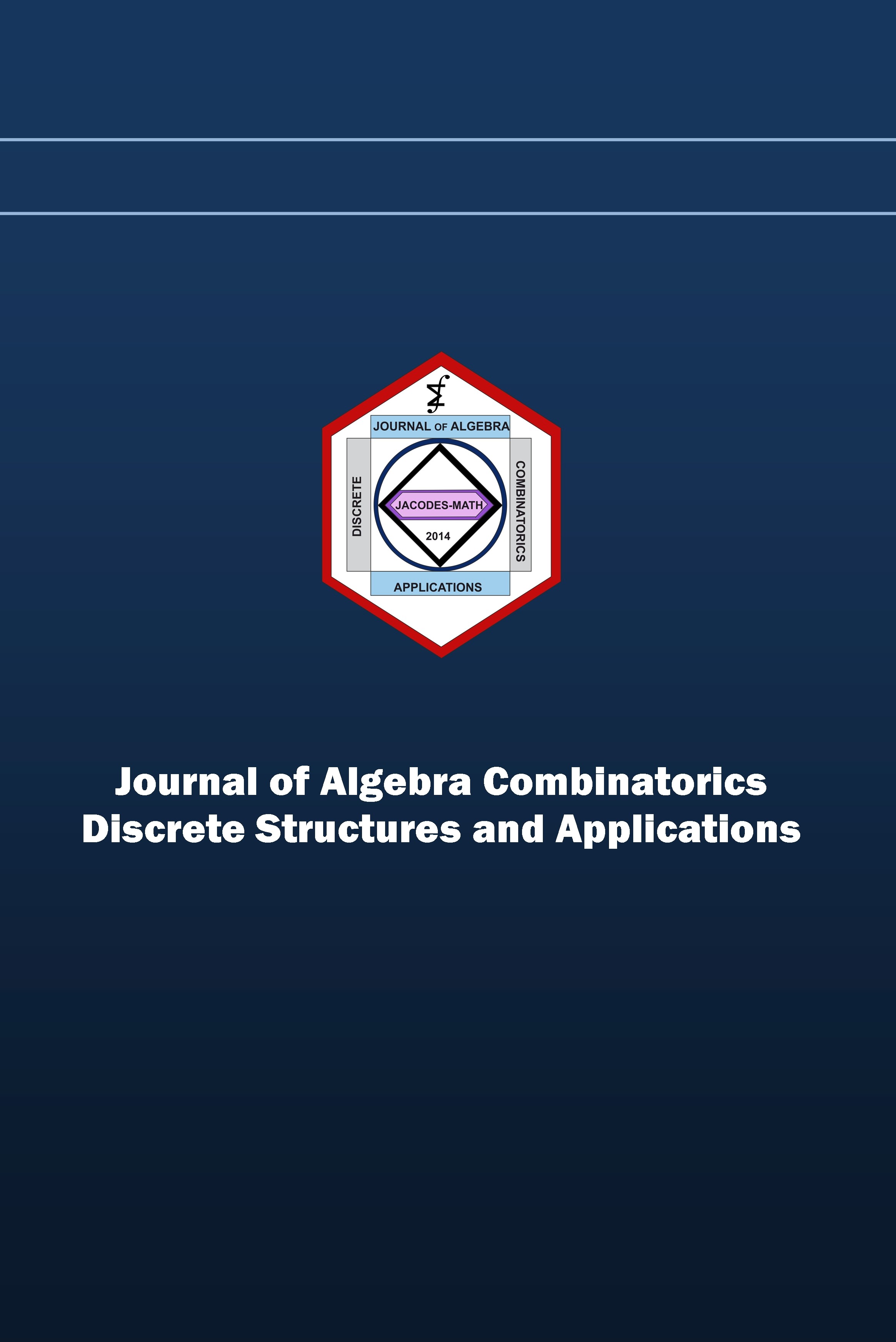An active attack on a multiparty key exchange protocol
An active attack on a multiparty key exchange protocol
Multiparty key exchange, Active attacks, Group actions,
___
- P. P. C. Lee, J. C. S. Lui, D. K. Y. Yau, Distributed collaborative key agreement and authentication protocols for dynamic peer groups, IEEE/ACM Trans. Netw. 14(2) (2006) 263–276.
- J. A. López-Ramos, J. Rosenthal, D. Schipani, R. Schnyder, Group key management based on semi- group actions, arxiv.org/pdf/1509.01075v1.pdf.
- O. Pereira, J. -J. Quisquater, Generic insecurity of cliques-type authenticated group key agreement protocols, Proc. 17th IEEE Computer Security Foundations Workshop, 16–29, 2004.
- M. Steiner, G. Tsudik, M. Waidner, Key agreement in dynamic peer groups, IEEE Trans. Parallel Distrib. Systems 11(8) (2000) 769–780.
- J. Van der Merwe, D. Dawoud, S. McDonald, A survey on peer-to-peer key management for mobile ad hoc networks, ACM Computing Surveys 39(1) (2007) 1–45.
- Başlangıç: 2015
- Yayıncı: İrfan ŞİAP
The unit group of group algebra $F_qSL(2;Z_3)$
Swati MAHESHWARİ, R. K. SHARMA
An active attack on a multiparty key exchange protocol
Reto SCHNYDER, Juan Antonio LÓPEZ-RAMOS, Joachim ROSENTHAL, Davide SCHİPANİ
Generalized hypercube graph $\Q_n(S)$, graph products and self-orthogonal codes
Infinitely many nonsolvable groups whose Cayley graphs are hamiltonian
